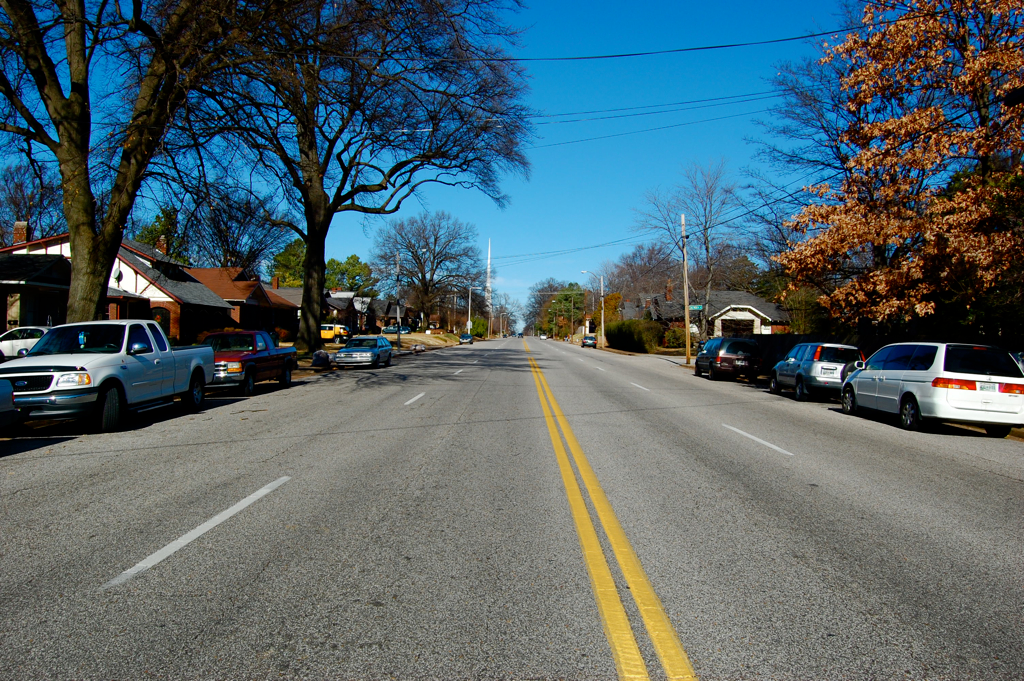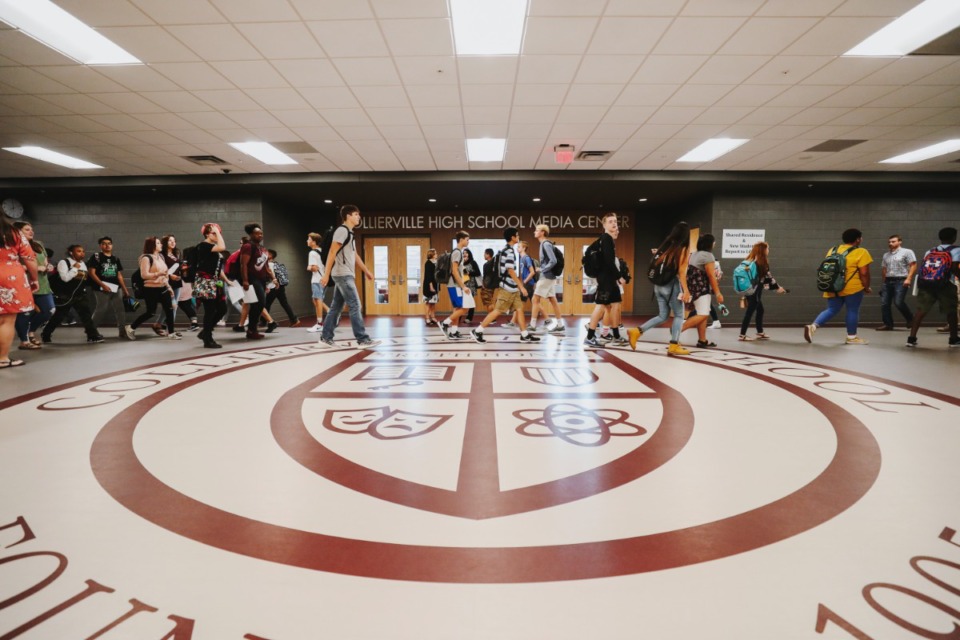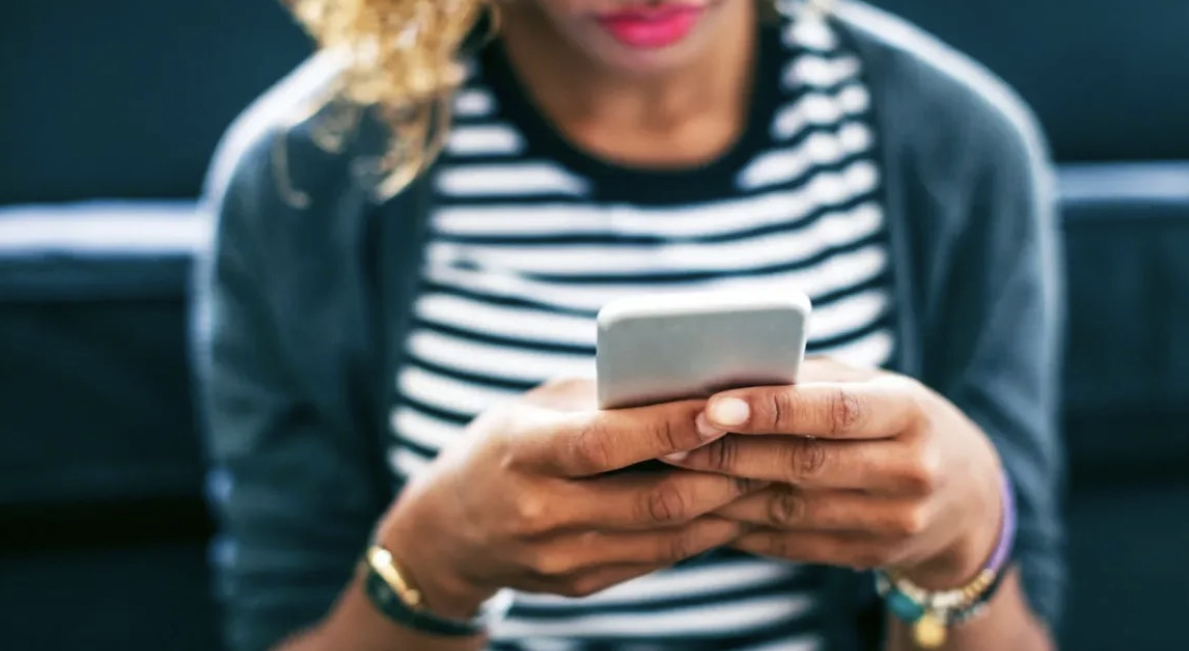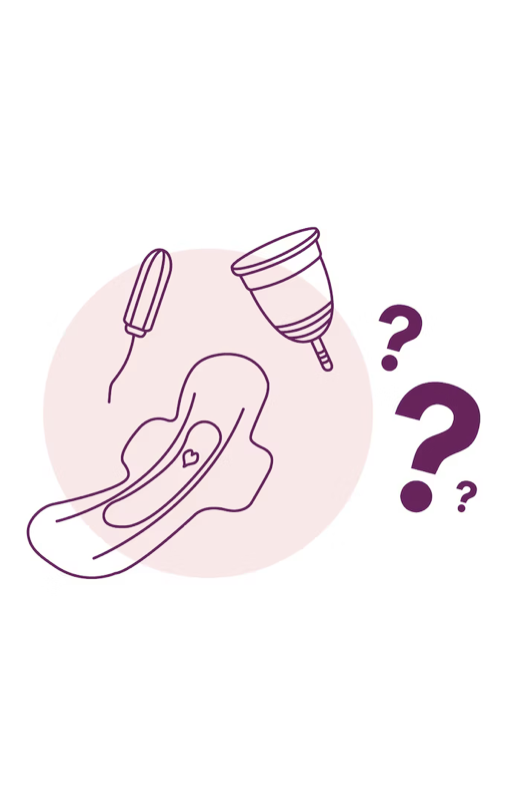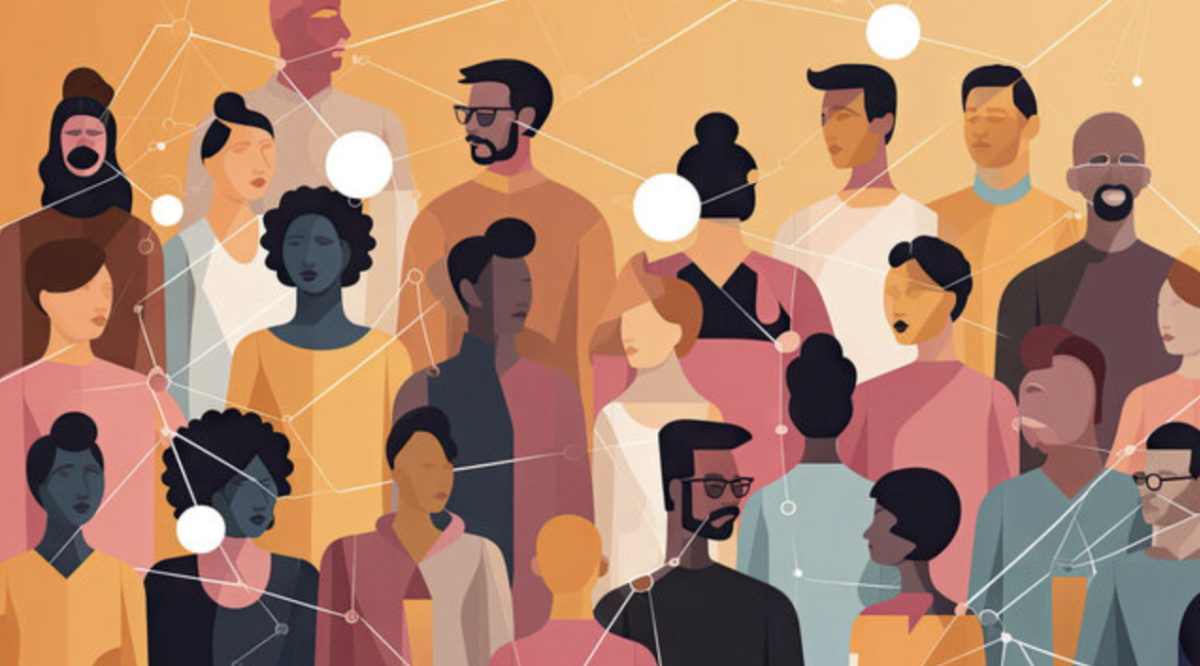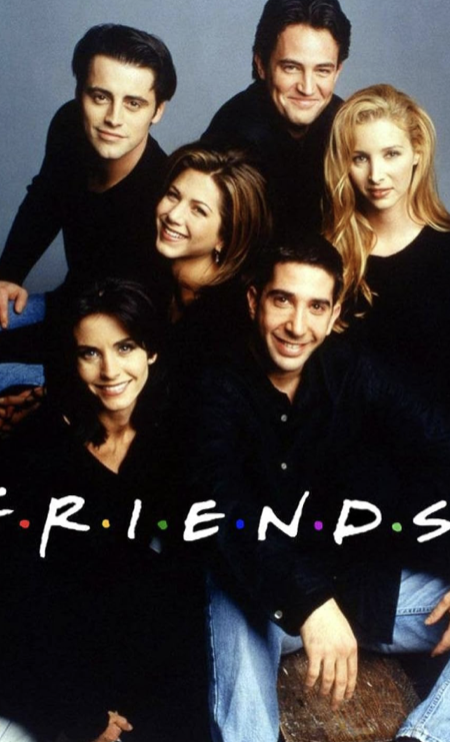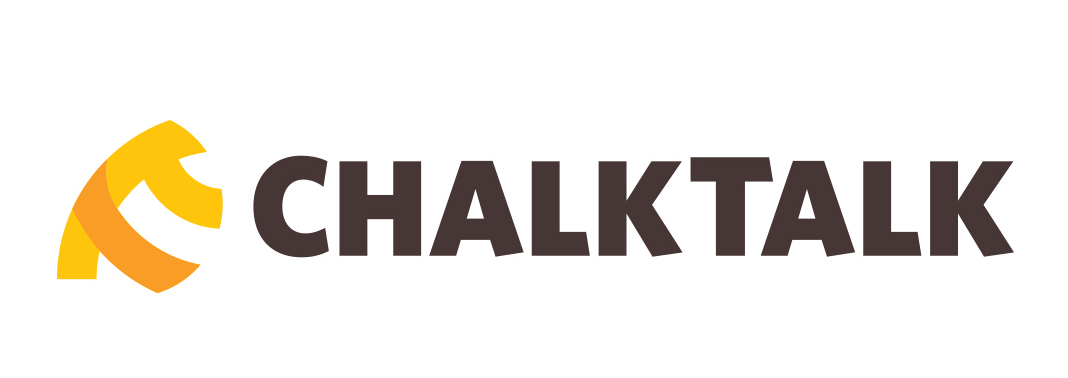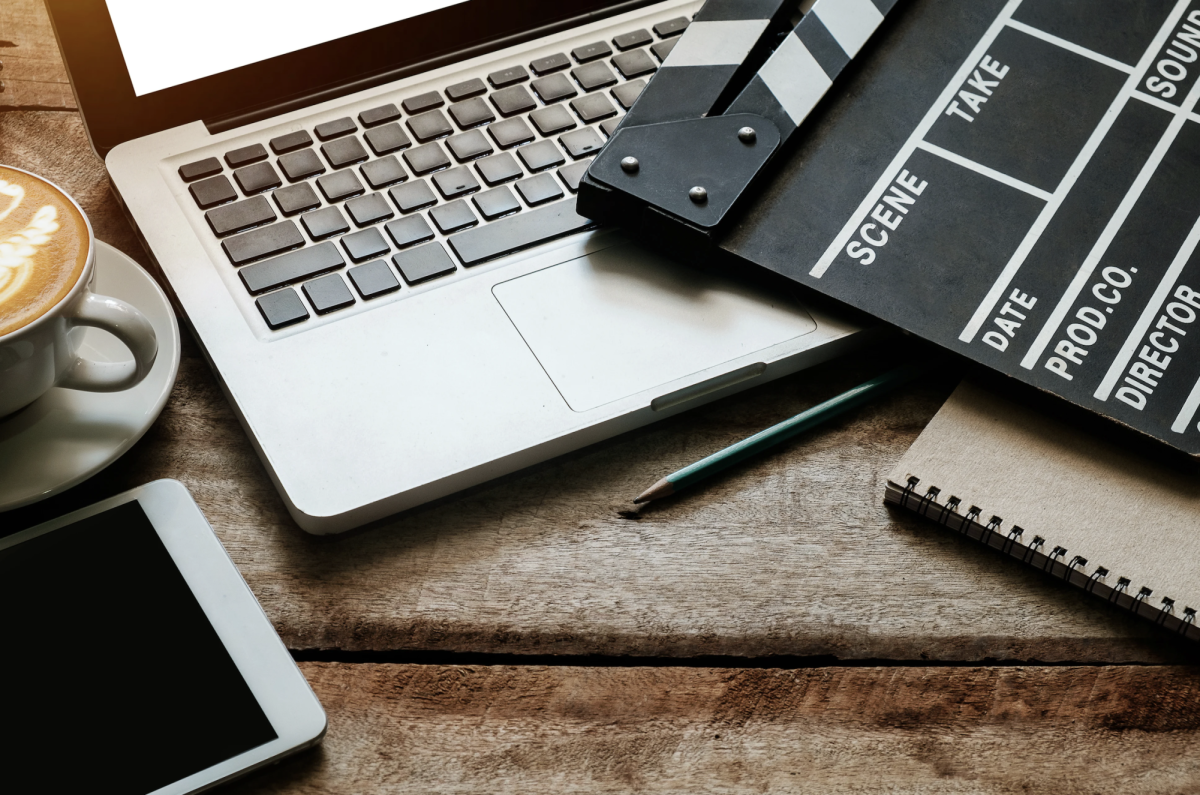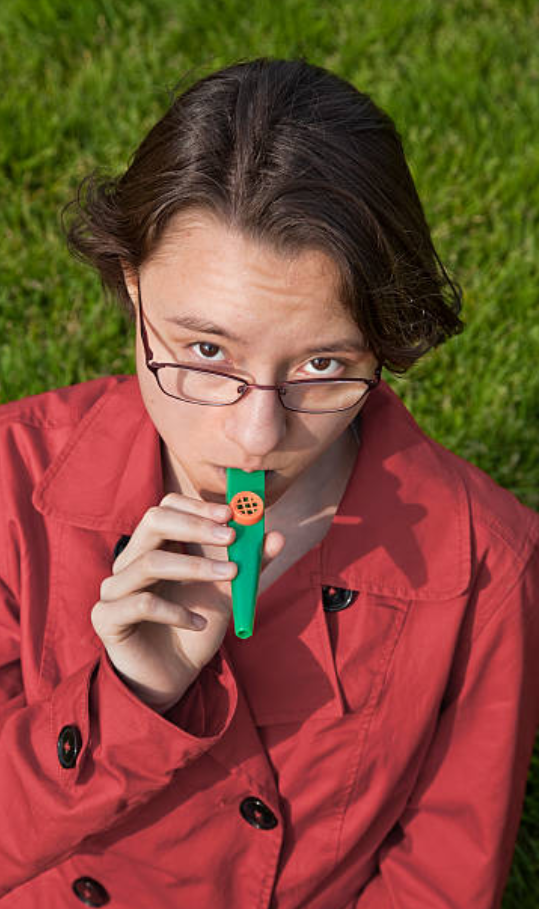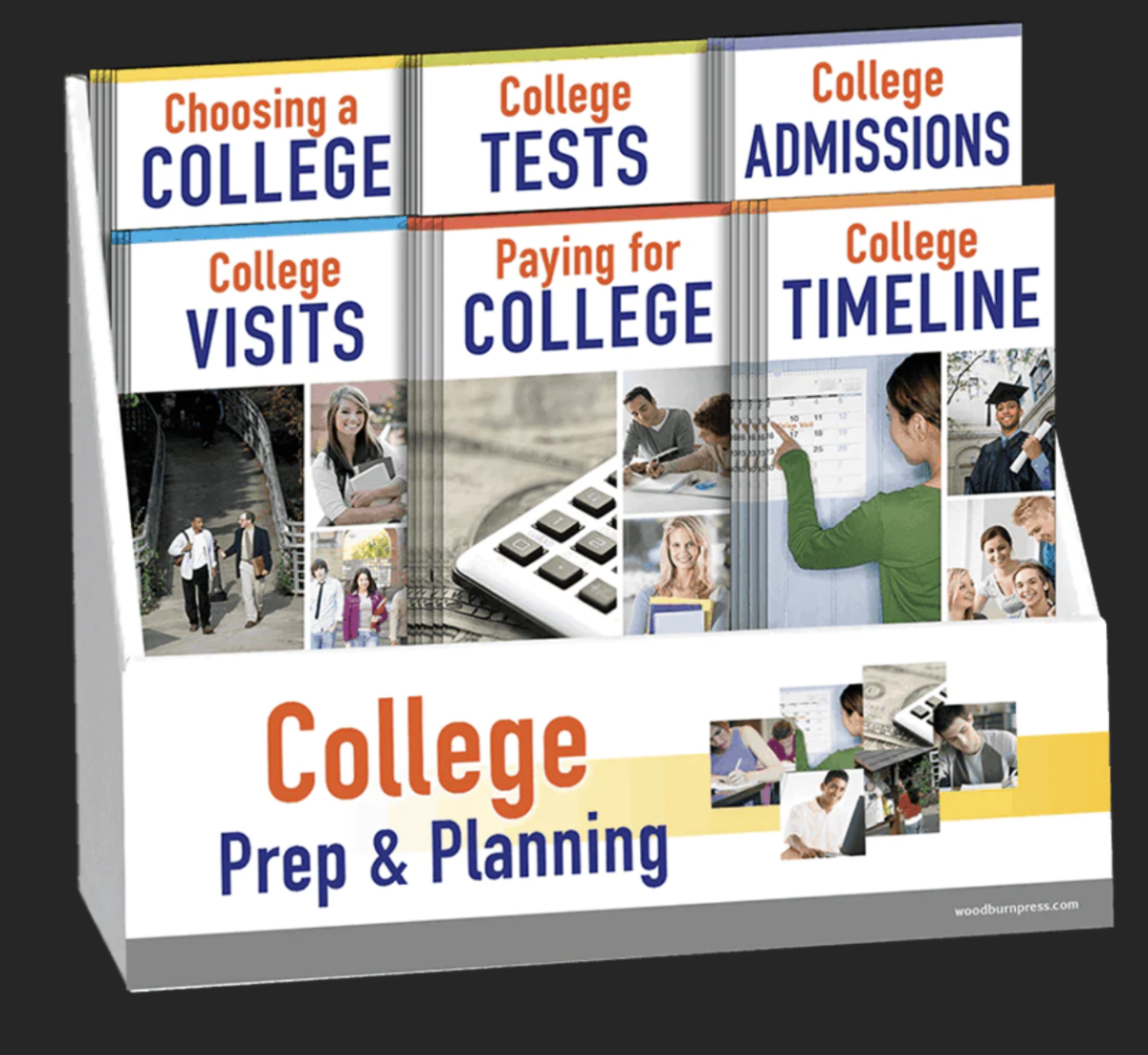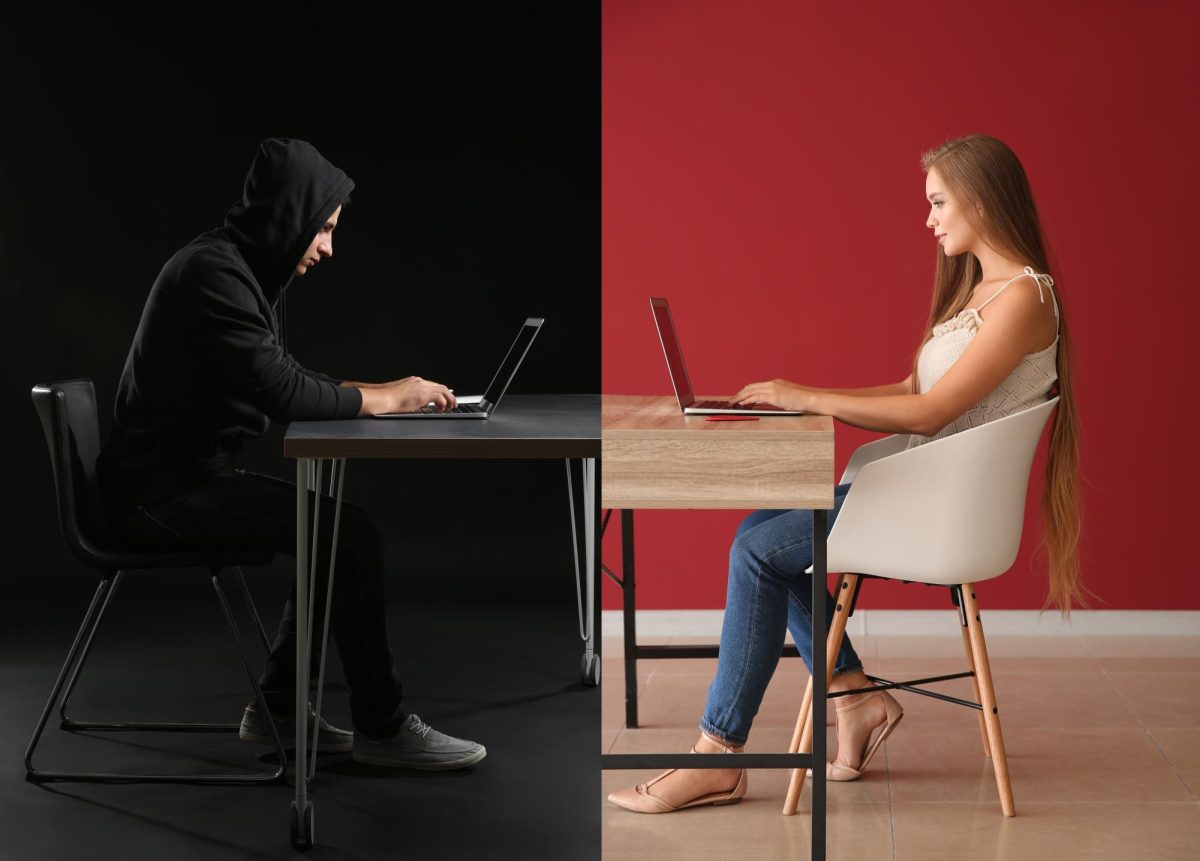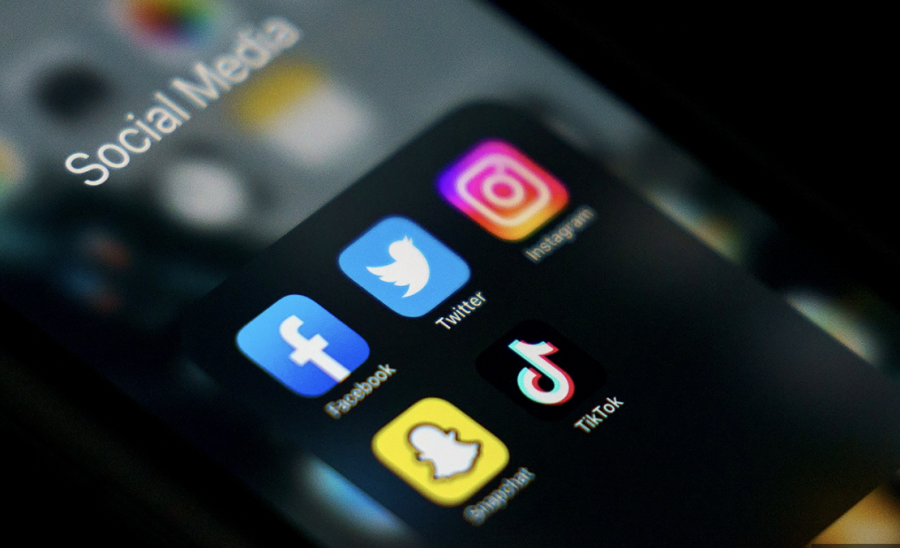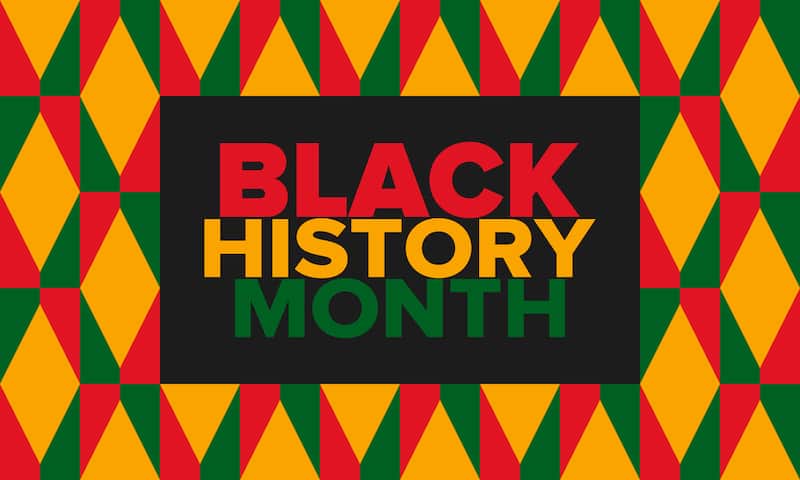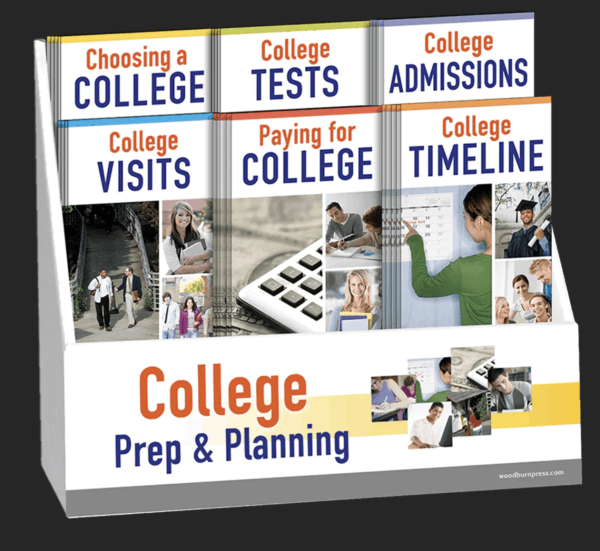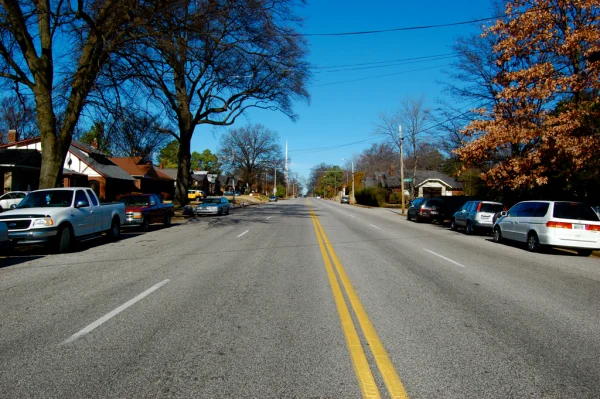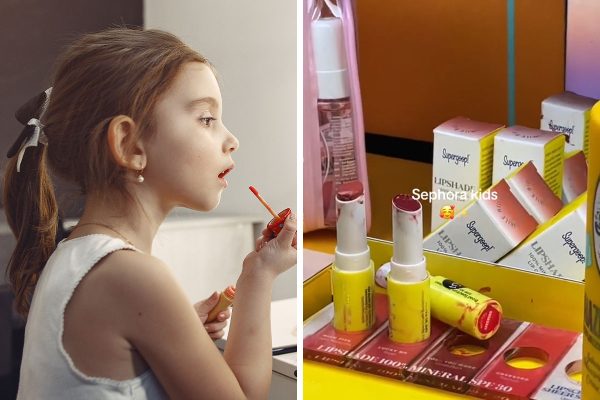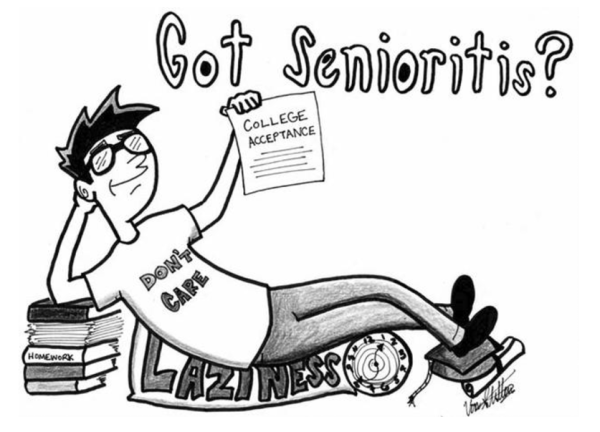The Dark Side of Social Media
The story that everyone needs to hear
February 21, 2023
Social Media
Social media is a huge part of our everyday lives. Whether you use it or not, it’s likely that social media influences you. Political drama, cultural debates, economical tragedies, technological advancements, whatever’s happening in the world, social media is on top of of it.
The benefits
Social media is also a big part of teen and young adult life. According to a 2018 Pew Research Center survey of 750 teens ranging from 13-17 years old, found that 45% are constantly online and 97% at least use a social media platform such as YouTube, TikTok, Instagram, etc. Social media allows students to connect, communicate, and build networks with others. These networks can provide positive support for students and have valuable opportunities. “I can see my work schedule, communicate with my friends, text my manager for work. Whenever I’m bored I can use it to watch movies, but overall I use it for work and to stay updated.” said one student attending CHS. On top of work and communicational reasons, online experiences have shown to help people cope with deranged feelings, emotions, and other struggles that come with being a teenager. Social media’s humorous or distracting content can provide meaningful connections that can help teenagers avoid depression and other mental health issues.
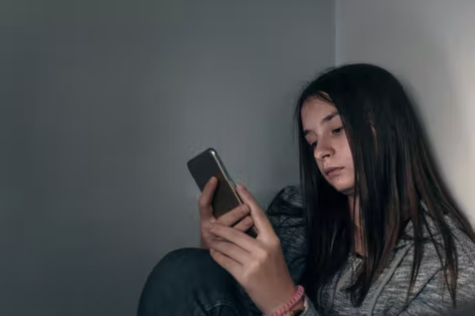
The downsides
Even with all the good that comes from social media, there’s always a dark side to everything. It may be distracting, humorous, entertaining, and at times fulfilling, but it can also be draining, stressful, unrealistic, dangerous, and cold-hearted; it’s infectious, like a virus that quickly spreads. The frequent and daily use of these addicting apps can have detrimental impact on mental health. According to SurveyMonkey, about 6 in 10 (67%) adults who use social media “several times a day” say how they’ve experienced mental health issues in the last 30 days. The way teens and adults use social media determines the impact it has on their health. Another study found that nearly 44% of people that claim spend “the right amount of time” on social media say they haven’t experienced in mental issues in the last 30 days– about double that of one’s who say they spend “too much” time on social media.
The correct way to use social media
Self-awareness is the key to using social media correctly. It’s easy to fall into the depths of the narcissistic, unrealistic ways of social media. Talk to others about your habits and how they affect you. Remind yourself that it’s filled with opinionated, biased point of views from people you’ve never met showing themselves through a screen. Along with these self-awareness tactics, avoiding peer pressure and gossiping habits is a positive way of correcting your social media use. Don’t use it to talk down to others, bully, or make damaging others your main goal. You should also avoid relying on online platforms to talk to your friends, encourage face-to-face contact with your peers.
If you think social media is damaging you or your mental health, talk to others, set productive goals, remind yourself of the horrors of social media, avoid bad habits and poor time management, and try to stick to the nice stuff.


